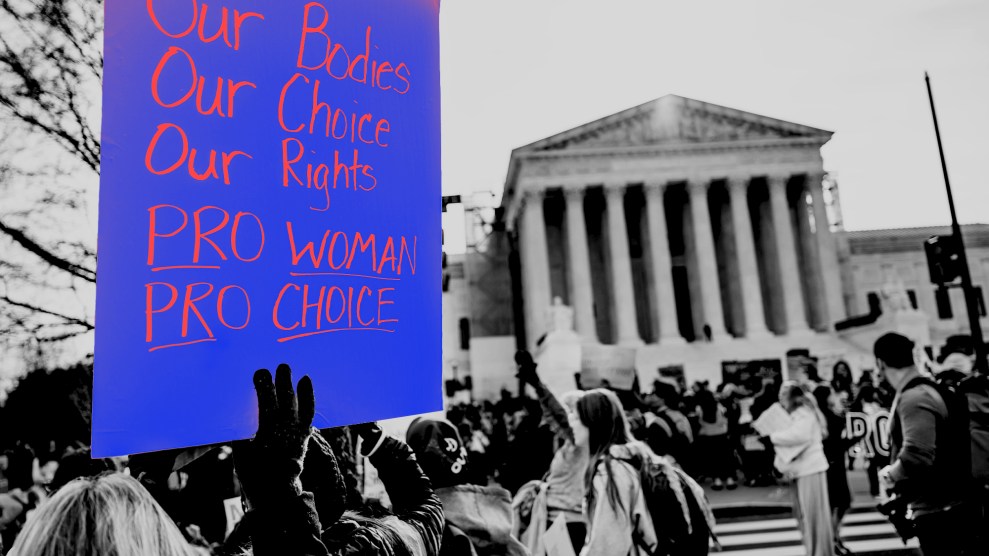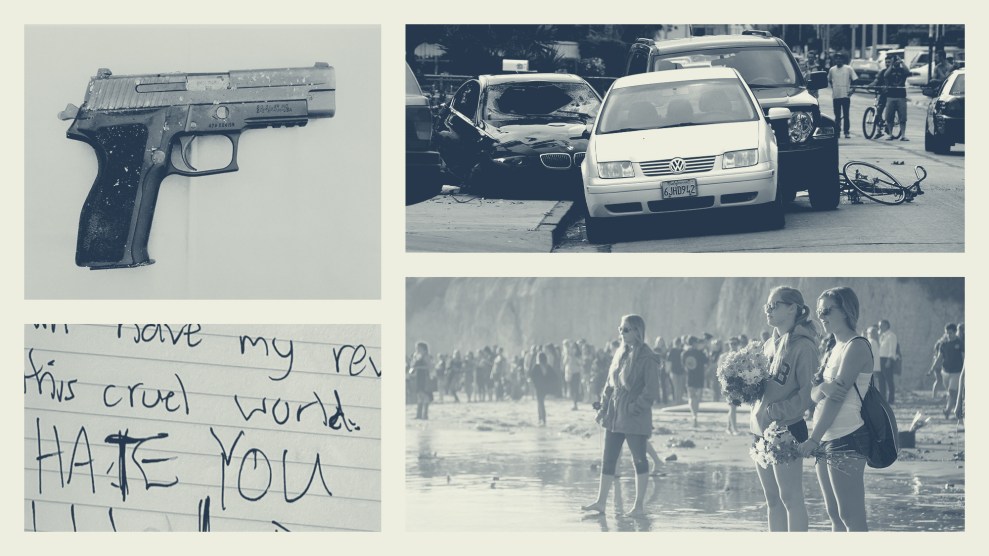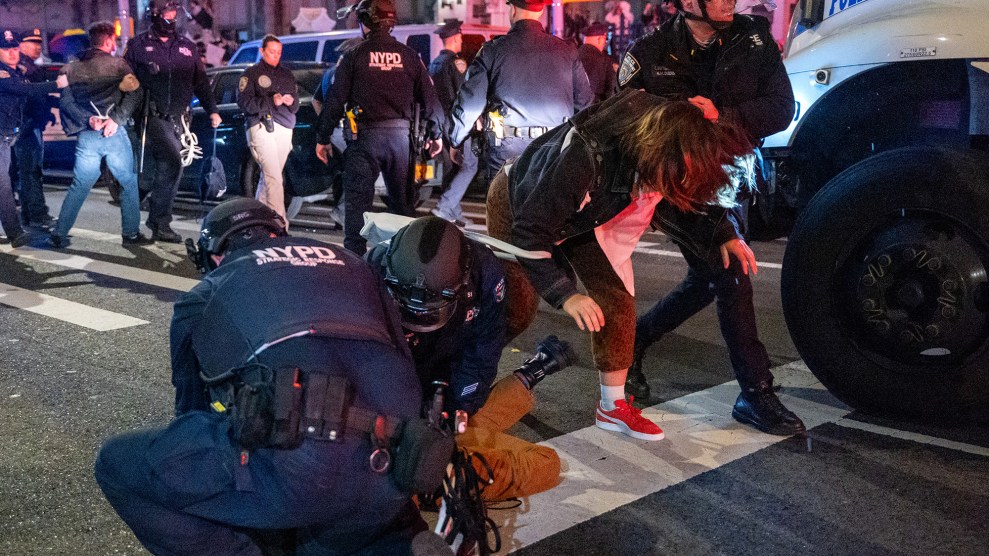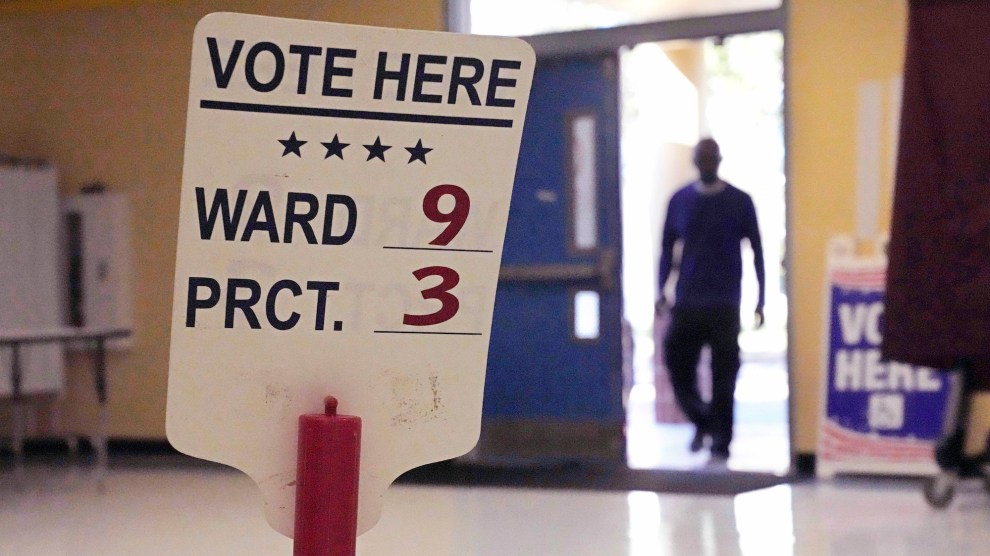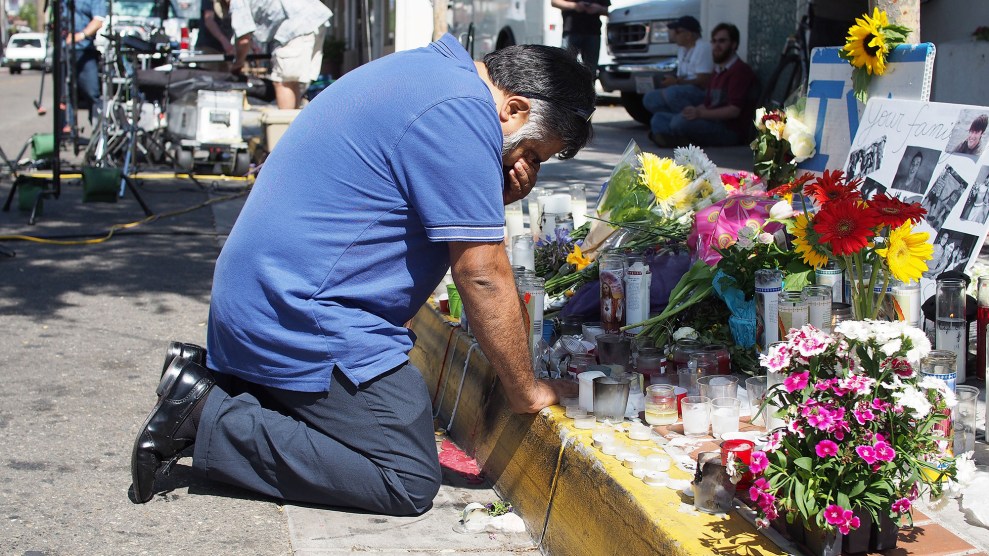
Image: Paul Moore SF
Jon Selden never had a credit card before he went to college. But a few weeks after arriving at Brigham Young University, he received an offer mailed to his dorm room for a preapproved Citibank card. Before Selden even managed to find a job or establish a credit history, he was running up thousands of dollars in debt.
Credit card companies like Citibank aren’t the only institutions profiting from student spending. Like other colleges and universities across the country, Brigham Young has done a lucrative business with big lenders, enhancing university revenues at the expense of students. BYU received an estimated $70,000 last year in exchange for stuffing offers for Citibank cards into 1 million shopping bags at the university bookstore. The University of Tennessee has a seven-year, $16.5 million deal with First USA that gives the company the names and addresses of alumni, employees, and more than 40,000 students. The University of Michigan and Michigan State have struck similar deals with MBNA, the self-proclaimed “world’s largest independent credit card issuer,” worth an estimated $14 million.
Companies are focusing their marketing efforts on the 250 largest public schools and their highly profitable student populations. But while universities profit handsomely from the deals, many students wind up deep in debt. Ten percent of all college students owe $7,000 or more to credit card companies, and the number of people under 26 filing for bankruptcy tripled between 1995 and 2000. “They are trying to entrap students in debt,” says Robert Manning, author of Credit Card Nation.
First USA offers cards through 200 schools, including Yale, Notre Dame, and Duke, and now markets them through fraternities and sororities. The University of Oklahoma has a 10-year, $13 million deal that gives the company exclusive rights to market Visa cards to all employees, alumni, and students. The company is also the only lender allowed to set up tables at school football games, offering a special Sooners card to some 80,000 fans each week. “Every major university has a credit card agreement,” explains Jeff Hickman, an Oklahoma spokesman.
Every major university also has students burdened by massive debts that they have little hope of paying off. Sean Moyer, a National Merit Scholar, racked up more than $12,000 on 12 credit cards while enrolled at the universities of Oklahoma and Texas. In 1998, even though he was working two jobs to pay off the cards, he believed his debt would prevent him from attending law school. “He just said he felt like he was a failure,” recalls his mother, Janne O’Donnell. Nine days after confessing his fears, the 22-year-old Moyer hung himself in his bedroom closet.
Congress is considering a bill that would require companies to offer students starter cards with lower credit limits and to provide more information about fees and penalties. “There simply has to be some limit on credit card companies before more students end up in bankruptcy,” says O’Donnell. Although the bill has support from Democrats, it is unlikely to win approval from the Republican-controlled House — ensuring that many students will have to work for years to pay off cards marketed to them when they were teenagers.
By the time Jon Selden graduated from Brigham Young last year, he had accumulated $8,000 in debt. Now enrolled in law school, he lives with his parents and waits tables rather than filing for bankruptcy. “Was I stupid to run up that debt?” says Selden. “You bet. But I was 18.”
